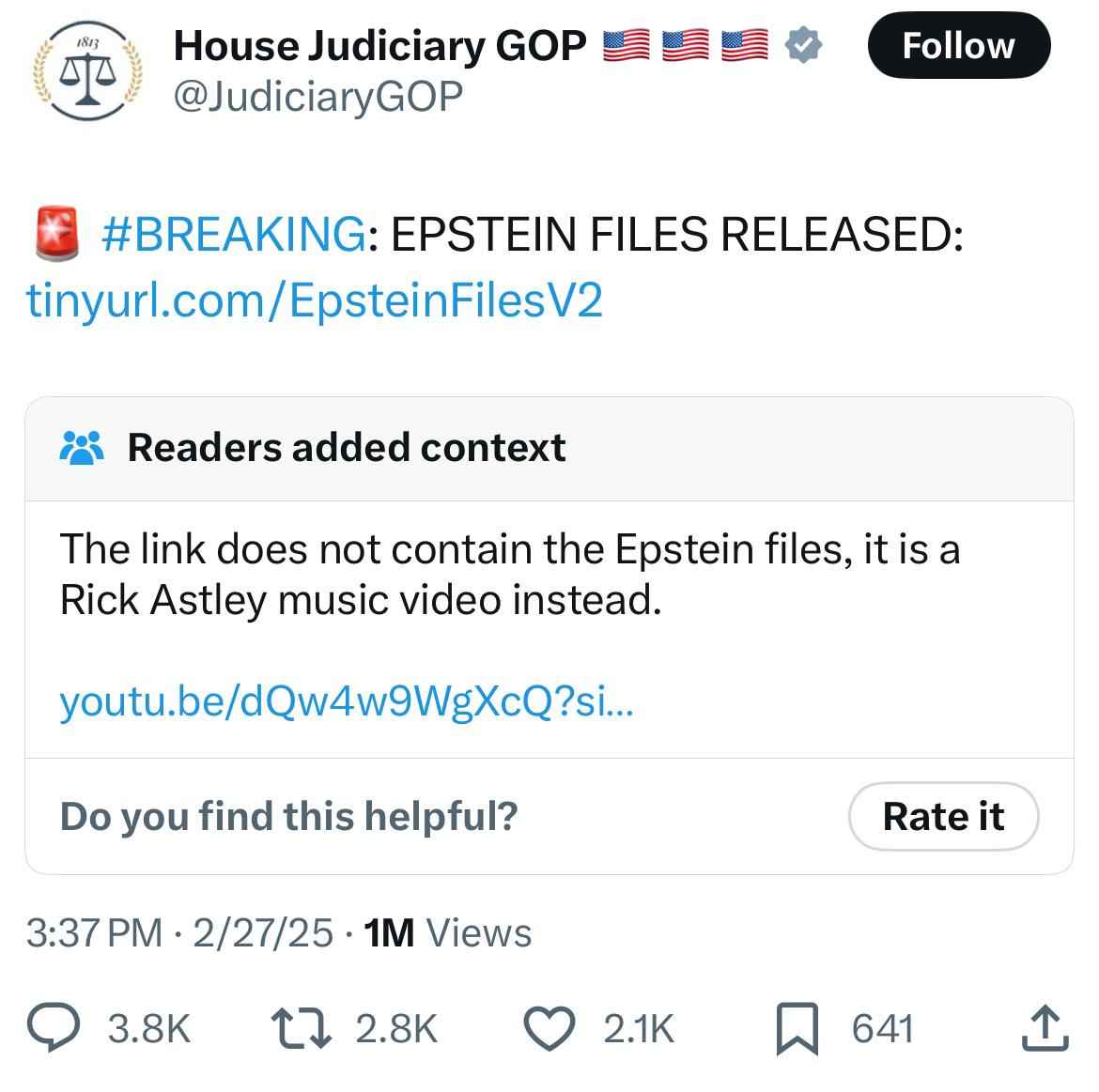

Thanks for your input. I believe the Uncommitted movement was originally a movement to pressure Dems in the primaries, and I think that the result of that movement was that they couldn’t be moved left, at least not on the issue of Israel who is carrying out a genocide. So there were a lot of people who made the same political calculation as you did. This time, it didn’t seem to work. I am opposed to the idea that the mainstream of the dems even can be moved left, but I know a lot of people who hold out hope, and are showing up to try and make that happen.
There’s probably a lot that can be accomplished locally, to a certain extent. And while I remain skeptical I’m not going to like brow beat or sabotage someone who disagrees with me (unlike the democrats.) But to me, the dems represent the same class interests as the republicans, just maybe a different faction of that class. But I agree that we live in a real world with real existing social forces, and if we want to change things then we have to deal with the world as it is, not as we want it to be. The actual left doesn’t have the resources to deny reality like the republicans, and many democrats; we have to deal in hard and fast truths.
So I guess my strategy is to organize who I can on the far left, while others (like you maybe) organize on the center- left, and when things get bad enough that the mainstream of the democrats can no longer abide any positions to the left of Chuck Schumer, then you and I can come together to create that third party I hope for.
We call this the “dirty break” strategy, where we prepare for a split from the dems but in the mean time work within the existing framework to fight against the worst abuses of maga and the billionaire class, while trying to achieve progressive gains for workers







Can’t be the party of wall st and the party of workers, at best you can pay lip service to one or the other, its no wonder which they would choose